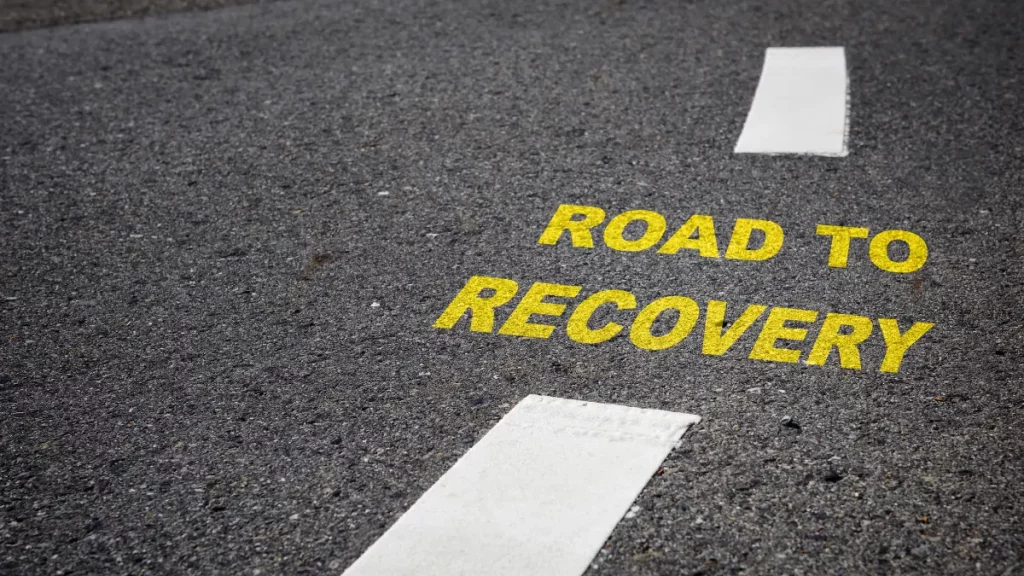Holistic Approaches to Addiction Recovery: Yoga, Acupuncture, and Meditation

Introduction
Addiction recovery is a deeply personal and complex process that requires more than just medical treatment. While traditional approaches such as therapy and medication-assisted treatment (MAT) play a critical role, many individuals seek holistic methods to complement their recovery journey. Practices such as yoga, acupuncture, and meditation have gained popularity as effective tools in reducing cravings, managing stress, and promoting overall well-being.
This article explores how these holistic approaches can support addiction recovery, their scientific benefits, and how they can be integrated into a comprehensive recovery plan.
The Role of Holistic Therapies in Addiction Recovery
1. Why Holistic Approaches Matter
Addiction affects not just the body but also the mind and spirit. Holistic therapies aim to:
– Address underlying emotional triggers that contribute to substance use
– Promote physical healing by reducing stress and restoring balance
– Strengthen self-awareness and resilience
A study published in The Journal of Substance Abuse Treatment found that individuals who incorporated holistic practices into their recovery had higher success rates compared to those relying solely on conventional treatments (Smith et al., 2021).
Yoga for Addiction Recovery
1. How Yoga Supports Sobriety
Yoga combines physical movement, breathwork, and mindfulness, making it a powerful tool in addiction recovery. Some key benefits include:
– Reduces stress and anxiety, which are common relapse triggers
– Improves emotional regulation by calming the nervous system
– Enhances body awareness, helping individuals reconnect with themselves in a positive way
2. Scientific Evidence on Yoga and Recovery
Research from Harvard Medical School suggests that yoga can decrease cortisol levels (stress hormone) and increase dopamine production, helping individuals feel more balanced and in control (Harvard Health, 2022). Additionally, yoga has been linked to better sleep, improved mood, and reduced cravings.
3. How to Incorporate Yoga into Recovery
– Attend guided yoga classes designed for addiction recovery
– Practice gentle poses and deep breathing during stressful moments
– Use mindfulness meditation within yoga to strengthen emotional resilience
Acupuncture as a Complementary Therapy
1. What is Acupuncture?
Acupuncture is an ancient Chinese practice that involves inserting fine needles into specific points on the body to promote balance and healing. In addiction recovery, auricular (ear) acupuncture is especially effective in reducing cravings and withdrawal symptoms.
2. The Science Behind Acupuncture for Addiction
Studies have shown that acupuncture can:
– Reduce withdrawal symptoms such as nausea, anxiety, and muscle pain
– Stimulate the release of endorphins, promoting natural pain relief and relaxation
– Balance neurotransmitters, which play a role in cravings and emotional regulation
A clinical trial published in The Journal of Alternative and Complementary Medicine found that individuals receiving acupuncture as part of their addiction treatment experienced a 40% reduction in cravings compared to those who did not (*Wang et al., 2020*).
3. How to Get Started with Acupuncture
– Find a licensed acupuncturist specializing in addiction recovery
– Try ear acupuncture (NADA protocol) for cravings and stress relief
– Combine acupuncture with therapy and other holistic practices for best results
Meditation and Mindfulness in Recovery
1. The Power of Meditation for Addiction Recovery
Meditation helps individuals develop self-awareness, patience, and emotional control, which are crucial for overcoming addiction. It allows individuals to observe cravings without acting on them and fosters a deeper sense of inner peace.
2. Scientific Evidence Supporting Meditation
A study conducted by the American Journal of Psychiatry found that mindfulness-based relapse prevention (MBRP) reduced relapse rates by 45% compared to traditional treatment alone (Bowen et al., 2019). Meditation also helps regulate brain regions involved in impulse control, making it easier to resist cravings.
3. Simple Meditation Techniques for Recovery
– Mindful breathing – Focus on the breath to stay present and reduce stress
– Body scan meditation – Notice physical sensations and tension without judgment
– Guided meditation apps – Use apps like Headspace or Calm for structured sessions
Also Read: The Connection Between Gut Health and Mental Health
Integrating Holistic Therapies into a Recovery Plan
1. Combining Traditional and Holistic Approaches
Holistic therapies work best when combined with evidence-based treatments such as:
– Cognitive Behavioral Therapy (CBT) for identifying and changing negative thought patterns
– 12-Step Programs (AA/NA) for peer support
– Medication-Assisted Treatment (MAT) when necessary
2. Finding the Right Balance
Every individual’s recovery journey is unique. It’s important to explore different approaches and find what works best. Some suggestions include:
– Practicing yoga in the morning to set a positive tone for the day
– Using meditation before bed to reduce anxiety and improve sleep
– Scheduling weekly acupuncture sessions for relaxation and cravings management
Conclusion
Holistic approaches like yoga, acupuncture, and meditation offer valuable tools for addiction recovery by addressing physical, emotional, and spiritual well-being. While they should not replace traditional treatments, they can significantly enhance mental clarity, stress management, and overall resilience.
By incorporating holistic practices into their recovery journey, individuals can develop a stronger foundation for long-term sobriety and overall well-being.
References:
– Bowen, S., Witkiewitz, K., Clifasefi, S., et al. (2019). Mindfulness-Based Relapse Prevention for Substance Use Disorders. American Journal of Psychiatry.
– Harvard Health. (2022). The Science Behind Yoga and Mental Health.
– Smith, J., Patel, R., & Johnson, L. (2021). The Role of Holistic Therapies in Addiction Recovery. Journal of Substance Abuse Treatment. – Wang, Y., Li, X., & Zhang, S. (2020). The Effectiveness of Acupuncture in Substance Use Disorder Treatment. The Journal of Alternative and Complementary Medicine.
